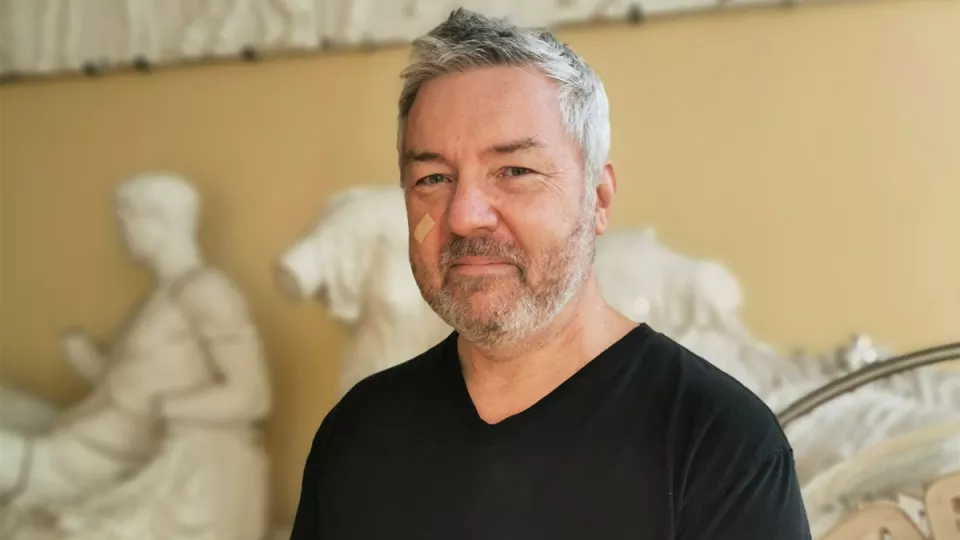What is your background and research interests, and how does it connect to the Theme Sound of Democracy ?
As my parents were teachers working for the British government, I was fortunate to grow up in a variety of countries and cultures (The Bahamas, Kenya, and Botswana), and, having been bitten by the travel bug, have since lived in several other lands (South Africa, England, Italy, New Zealand, and now settled in Denmark). I actually started studying mining engineering after school, but it quickly dawned on me that spending the rest of my life crawling around on my stomach several kilometres underground in a South African gold mine was not going to appeal to me for long, and so I quickly switched to music, studying a bachelor in music at the University of Natal and then a masters in music technology at the University of York. I then went to work in Italy for a couple of years as a sound engineer and roadie before entering academia about 30 years ago. I completed my PhD in 2007 at the University of Waikato on The Acoustic Ecology of the First-Person Shooter — if you are going to study something for a long period of time, chose something you will enjoy both doing and thinking about — before ending up in my current position as the professor of music at Aalborg University in Denmark.
Most of my work, from my PhD on, relates to sound and so there is a clear connection to the Theme. In particular, my research on sound is mainly within the fields of sound studies and game studies — the perception of sound, sound as it relates to immersion and presence, for example — but I have recently become interested in anthropogenic ultrasound as a hidden pollutant.
My research on sound is mainly within the fields of sound studies and game studies — the perception of sound, sound as it relates to immersion and presence, for example — but I have recently become interested in anthropogenic ultrasound as a hidden pollutant
How have you experienced the first weeks here at the institute, and with the Theme?
It’s been great! My colleagues in the Theme have been very welcoming and are all experts in areas that either already overlap with my interests or in areas where I can see potential overlap. The Pufendorf Institute itself has likewise made me feel welcome and the staff have been very efficient and helpful in smoothing my transition from Denmark to Sweden. The building itself is a delight to behold and to work in.
What do you think your main contribution to the Theme will be?
I’ve no idea. Who knows how the Theme will develop and where I will find my role? Ask me in 6 months’ time.
What are looking forward to most about working as a guest researcher at the Pufendorf IAS?
The luxury of time to read! Not just in my areas of interest (I have brought with me a lot of books) but also expanding my reading to areas my Theme colleagues will point me to.


